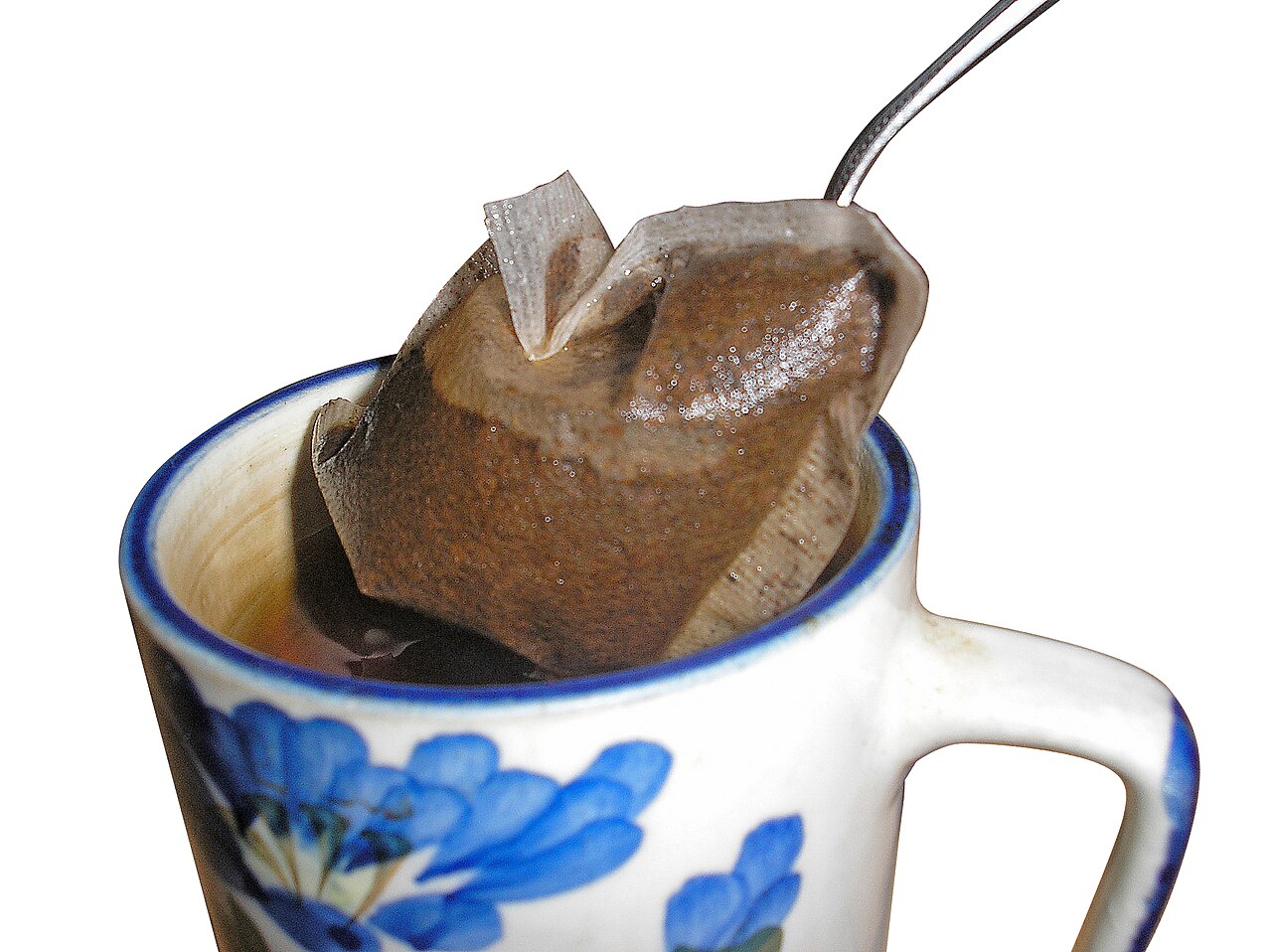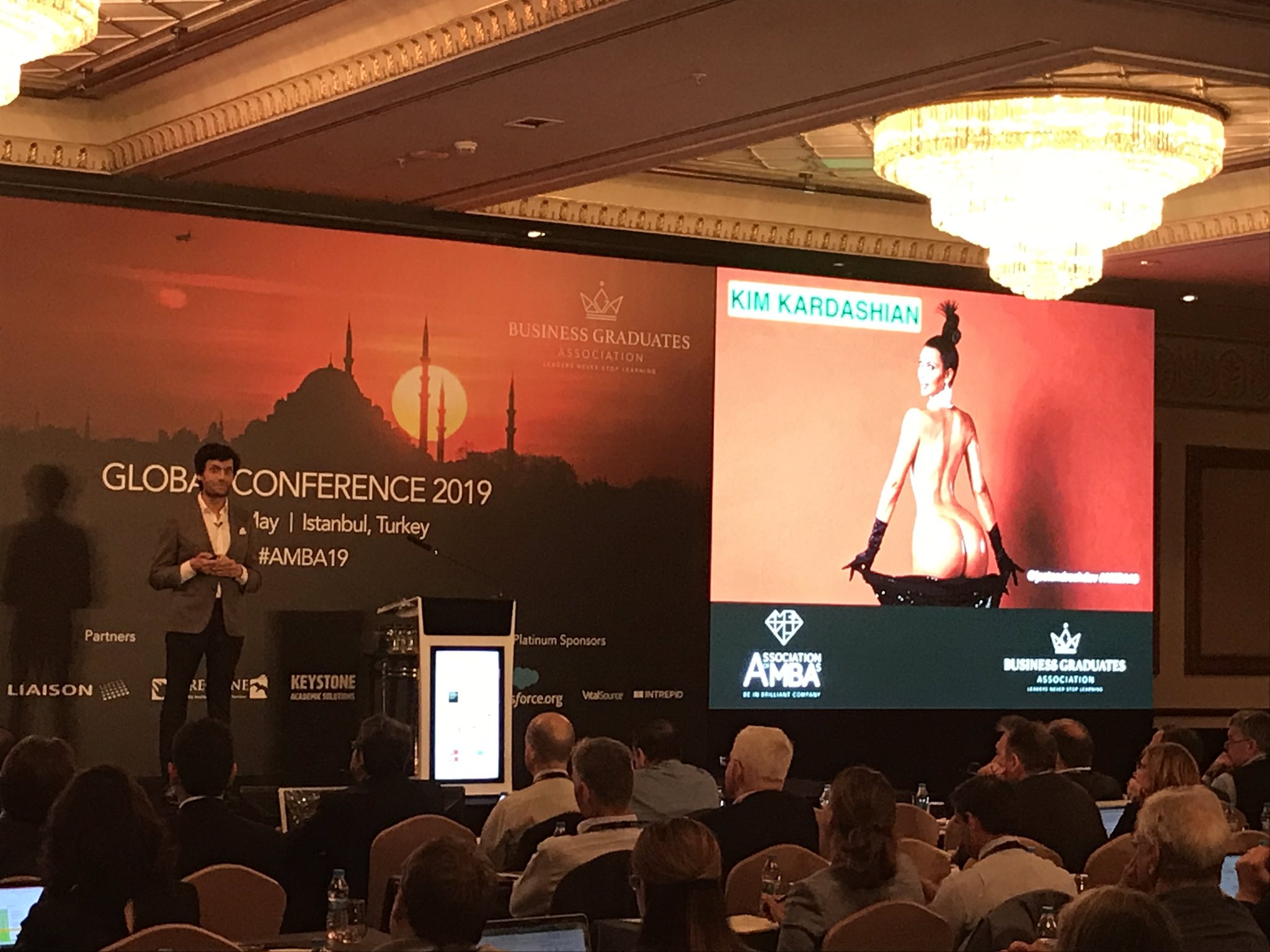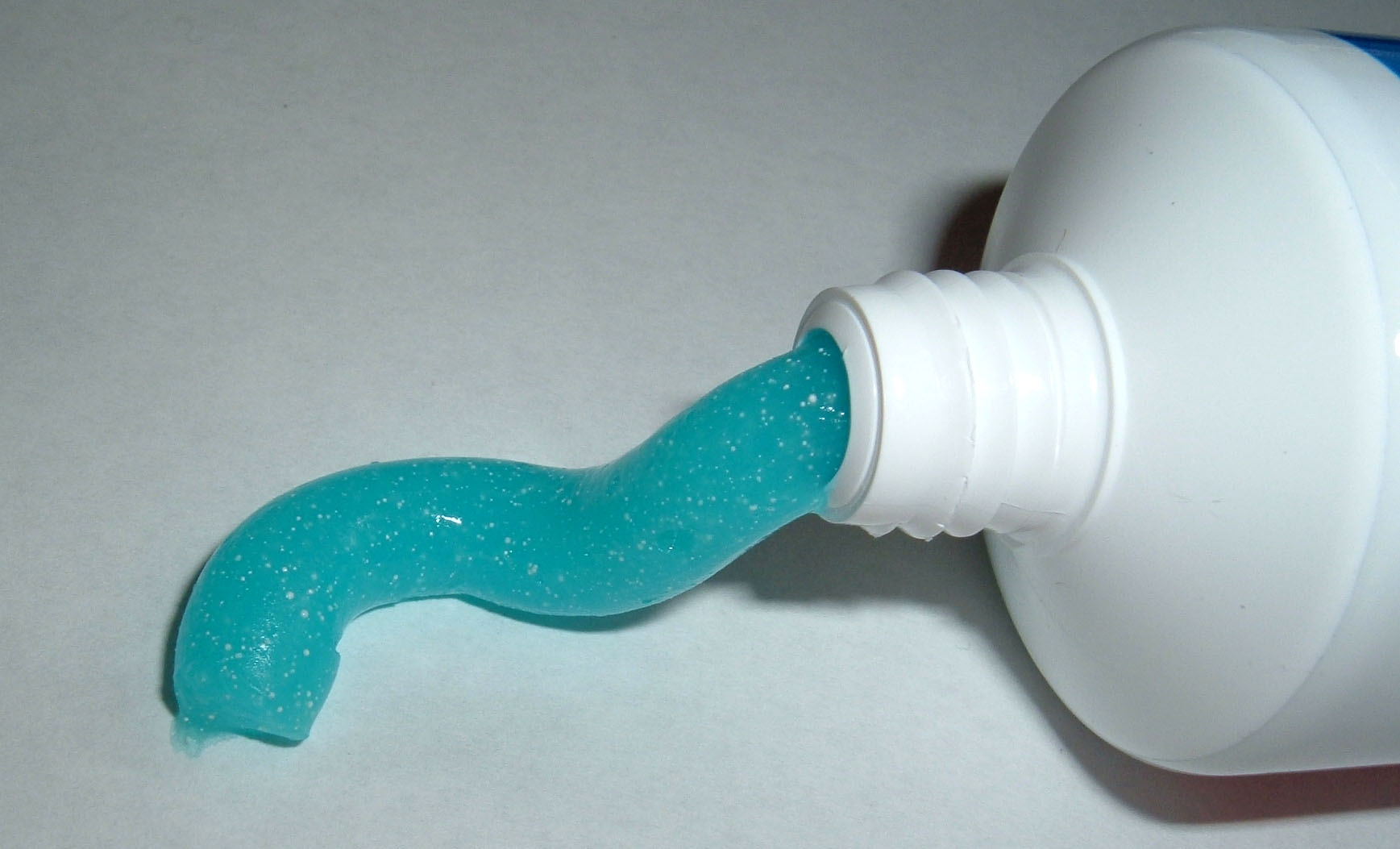CorporateNature Metaphor Series, No 116
Standard job titles are like Lego bricks. When a corporate executive launches a new project, this is like embarking on building a Lego castle or Lego spaceship. With the help of HR professionals and recruiters, the executive goes to the labour market to find the Lego pieces needed to complete the project.
Non-standard job titles, on the other hand, are like lumps of clay. They can be moulded into new shapes but the people who hold them cannot immediately fit in "like a square peg into a square hole".
So here is a question for those of you working in a corporate environment: When was the last time you modelled clay?
 |
| Lego bricks (Source: Wikipedia) |




















